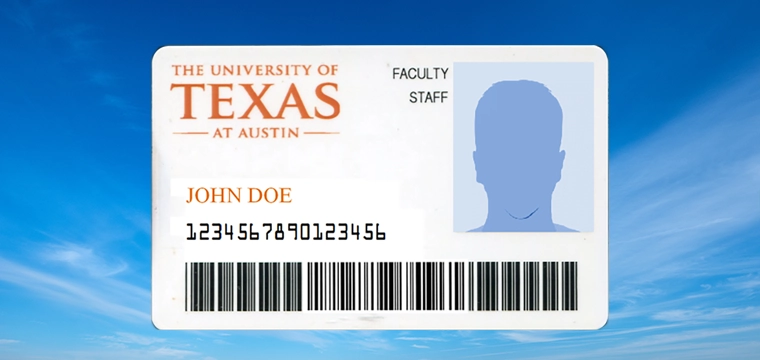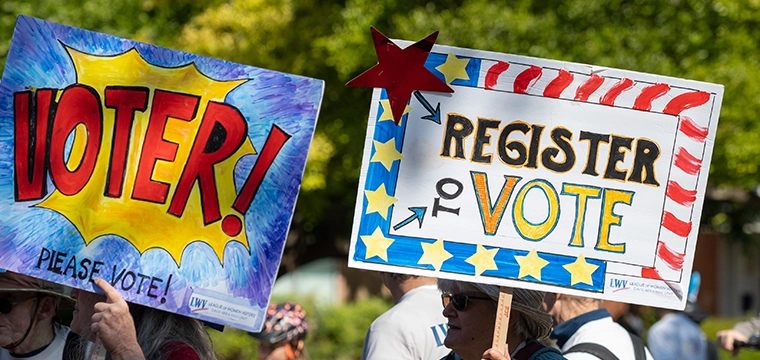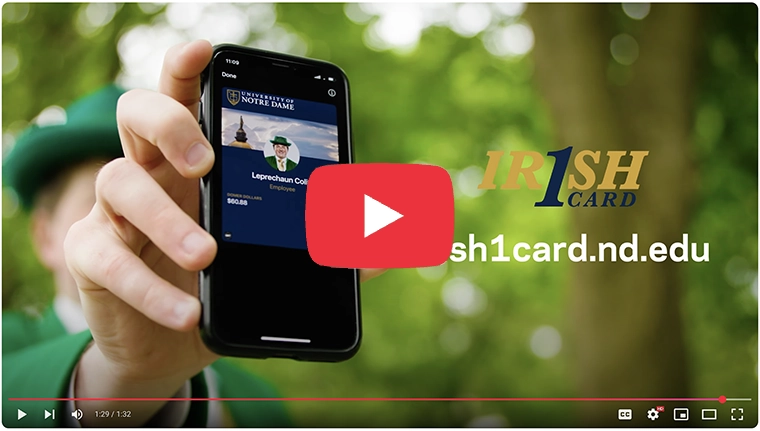
The Washington state Legislature recently passed a new suicide prevention law that requires all public institutions in the state to provide a suicide hotline number on student ID cards. The ruling applies to this academic year, and Gonzaga University has already complied by printing the National Suicide Prevention Lifeline on the backs of its student ZAGCARDS.
According to a report from The Gonzaga Bulletin, Senate Bill 6514 is the piece of legislation calling for the change and is primarily concerned with suicide prevention and behavioral health in higher education. As a private university and not a state-funded institution, Gonzaga is not actually required to comply with the new law. But the university and its officials have seen fit to support the measure nonetheless.
"Anytime a state institution is required to do something, private institutions take the time to think, ‘Is this a good idea?’ And if it’s a good idea, then we ought to be doing it," said Eric Baldwin, assistant vice president of student development and dean of student well-being and healthy living at Gonzaga.
Baldwin worked with Gonzaga student development, the Health and Counseling Center, Office of Health Promotion, and other campus leaders to alter the ZAGCARDS for all incoming freshman and transfer students.
ZAGCARDS now feature the 24-hour National Suicide Prevention Lifeline phone number, 1-800-273-8255. "This number that we added is the one we talk about with our students already," Baldwin told The Gonzaga Bulletin. "It’s not a different resource — it's one that is answered 24 hours a day, and is very predictable and very highly rated."
In addition to printing the suicide prevention hotline on ID cards, the university continues to offer brick-and-mortar resources regarding suicide in the forms of its Health and Counseling Center, Center for Cura Personalis, and a REFER Form process used to identify students who may be at risk.
Returning students are not required to receive the altered ZAGCARDS, as Gonzaga is only applying the change to newly printed cards. Still, Gonzaga is working out ways to ensure the entire campus community has the hotline information handy. Early ideas, according to Baldwin, include distributing resource cards and running tent pop-ups on campus that can provide the information to returning students.




